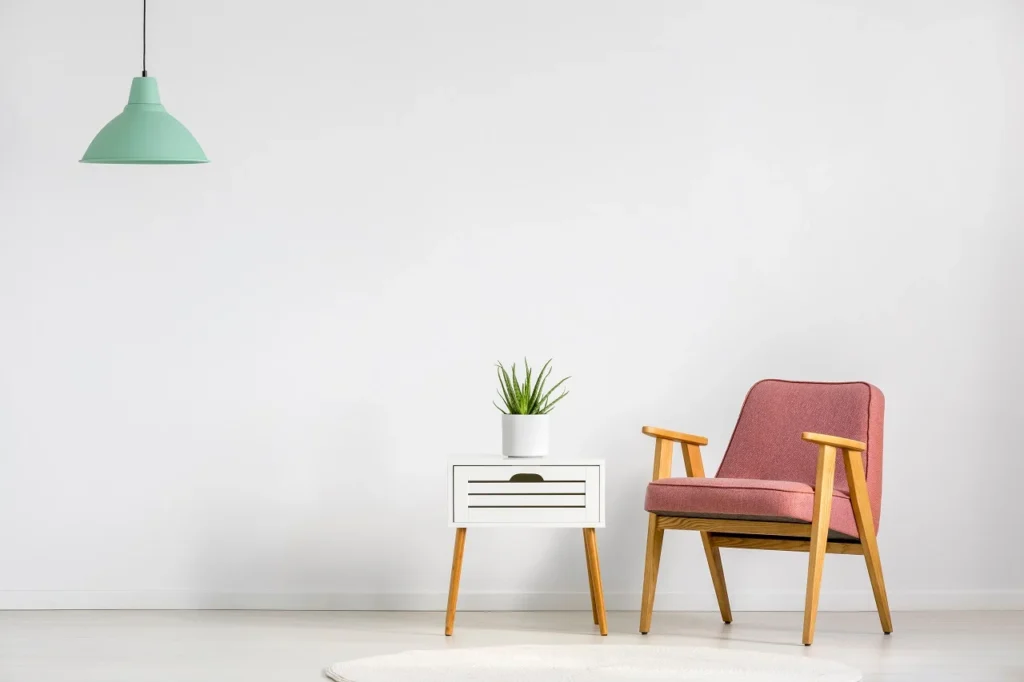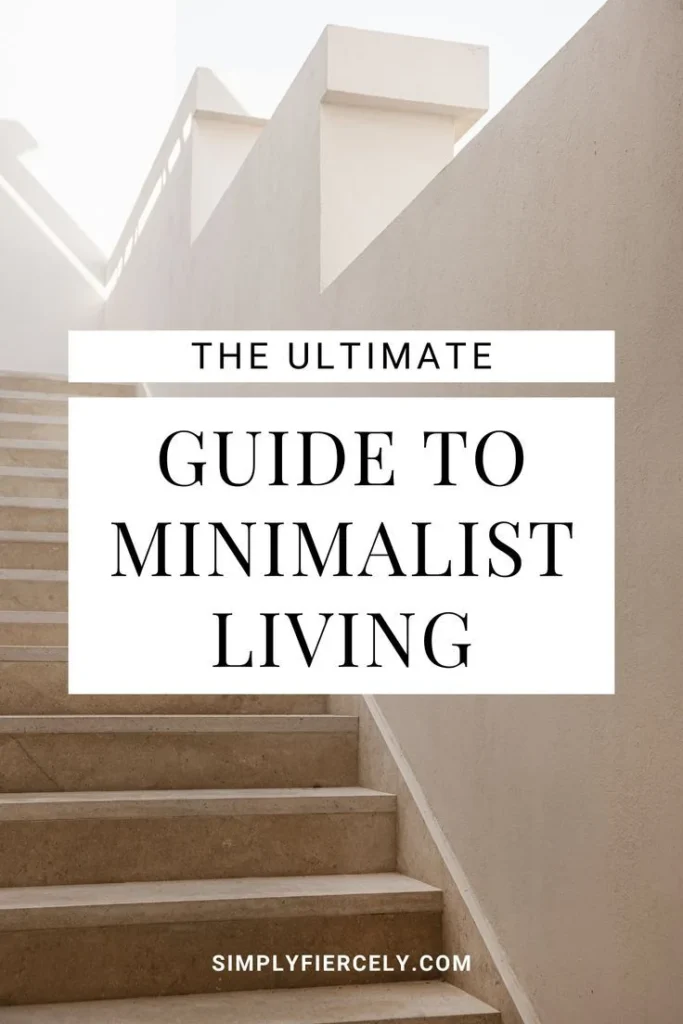The Minimalist Movement: Why Living with Less Is More Popular Than Ever is a growing trend in today’s society. More and more people are embracing the idea of simplifying their lives, decluttering their spaces, and focusing on what truly brings them joy and fulfillment. This movement is driven by a desire to escape the constant consumerism and materialism that has become so prevalent in modern culture. People are finding that by living with less, they are able to reduce stress, save money, and live more intentionally. As a result, the minimalist lifestyle is gaining popularity and becoming a topic of interest for many.
In addition to the rising popularity of The Minimalist Movement, people are also intrigued by the concept of downsizing, simplifying, and embracing a more intentional way of living. Many are curious about the practical benefits of minimalism, such as reducing financial burdens, creating more time for meaningful experiences, and contributing to a more sustainable environment. The idea of living with less is also appealing to those who are seeking to escape the overwhelm of material possessions and find a greater sense of peace and contentment. As a result, the minimalist movement is not only gaining traction, but also sparking curiosity and interest in alternative ways of living.
The Rise of Minimalism
Minimalism has become increasingly popular in recent years as people seek to simplify their lives and focus on what truly matters to them. The movement has gained traction as a response to consumerism and the constant pursuit of material possessions. Many individuals are embracing minimalism as a way to declutter their homes, reduce their environmental impact, and free themselves from the burden of excess belongings.
Minimalism is not just about getting rid of physical clutter; it also encompasses a mindset shift towards intentional living and prioritizing experiences over things. By eliminating the non-essential, minimalists aim to create more space for the things that bring them joy and fulfillment. This shift in perspective has resonated with people from all walks of life, leading to a widespread adoption of minimalist principles.
The Impact of Minimalism on Mental Well-being
Living with less can have a profound impact on mental well-being. By simplifying their surroundings, many people have reported feeling less stressed and more at peace. Minimalism encourages individuals to let go of the constant need for more and instead find contentment in the present moment. This shift towards mindfulness and gratitude has been linked to improved mental health and overall life satisfaction.
Moreover, the act of decluttering and organizing can be therapeutic, allowing individuals to gain a sense of control and clarity. With fewer distractions and a clearer physical space, minimalists often find it easier to focus on their goals and aspirations. As a result, many people have turned to minimalism as a means of improving their mental well-being and finding greater fulfillment in life.
Minimalism and Environmental Sustainability
Minimalism is closely intertwined with the concept of environmental sustainability. By consuming less and making more deliberate choices, minimalists contribute to reducing their ecological footprint. The emphasis on quality over quantity leads to less waste and a more mindful approach to resource utilization.
Furthermore, minimalism encourages individuals to prioritize eco-friendly practices such as recycling, upcycling, and supporting sustainable brands. As environmental concerns continue to grow, many people are turning to minimalism as a way to align their lifestyle with their values and make a positive impact on the planet.
The Financial Benefits of Minimalism
Embracing a minimalist lifestyle can also have significant financial benefits. By cutting back on unnecessary expenses and avoiding the constant cycle of consumerism, individuals can save money and achieve greater financial stability. Minimalists are more likely to focus on long-term financial goals and prioritize spending on experiences rather than material possessions.
Additionally, the practice of minimalism often involves selling or donating items that are no longer needed, providing an opportunity to generate extra income or give back to the community. This intentional approach to spending and saving has helped many people break free from the cycle of debt and live more consciously within their means.
Minimalism in the Digital Age
As technology continues to play a central role in our daily lives, the principles of minimalism have extended to the digital realm. Many individuals are adopting minimalist practices to streamline their digital presence, such as decluttering their email inboxes, reducing screen time, and simplifying their online activities.
Minimalism in the digital age also encompasses the mindful use of social media and digital devices. By minimizing digital distractions and focusing on meaningful interactions, individuals can cultivate a healthier relationship with technology and regain a sense of balance in their lives.
The Art of Decluttering and Organizing
One of the core aspects of minimalism is the art of decluttering and organizing living spaces. Minimalists approach this process with a deliberate mindset, carefully evaluating each item and its significance in their lives. The goal is to create a living environment that is both functional and aesthetically pleasing, free from unnecessary excess.
Decluttering and organizing go beyond physical spaces and extend to mental and emotional clutter as well. Many minimalists practice mindfulness and self-reflection as they declutter their thoughts and prioritize their mental well-being. This holistic approach to simplifying one’s life has resonated with many individuals seeking a sense of calm and order.
The Role of Minimalism in Self-Discovery
Minimalism has emerged as a tool for self-discovery and personal growth. By stripping away the distractions of materialism and busyness, individuals are able to delve deeper into their values, passions, and purpose. Minimalism encourages introspection and the pursuit of a more meaningful, authentic life.
Through the process of simplifying and prioritizing, many people have uncovered what truly brings them joy and fulfillment. This journey of self-discovery has empowered individuals to make conscious choices aligned with their authentic selves, leading to a greater sense of clarity and purpose in their lives.
The Global Appeal of Minimalism
Minimalism has transcended cultural and geographical boundaries, resonating with people around the world. Its universal appeal lies in the fundamental human desire for simplicity, balance, and contentment. Regardless of background or location, individuals are drawn to the idea of living with less and experiencing more.
As the minimalist movement continues to gain momentum, communities of like-minded individuals have formed, both online and offline, to support and inspire each other on their minimalist journeys. This global appeal reflects the widespread recognition of the intrinsic value of minimalism in fostering a more intentional and fulfilling way of life.
The Minimalist Movement: Why Living with Less Is More Popular Than Ever
| Key Points | Explanation |
|---|---|
| Definition | The minimalist movement is a lifestyle choice focused on living with less material possessions and simplifying one’s life. |
| Benefits | Minimalism can lead to less stress, more financial freedom, and a greater focus on experiences and relationships. |
| Environmental Impact | Minimalism promotes sustainability and reduces waste by consuming and discarding less. |
| Popularity | The minimalist movement has gained traction in recent years due to increasing societal awareness of the negative effects of consumerism and materialism. |
| Practical Tips | Some practical tips for adopting a minimalist lifestyle include decluttering, setting intentional purchasing habits, and focusing on quality over quantity. |
The minimalist movement is a lifestyle choice that emphasizes the benefits of living with less. It promotes simplicity, sustainability, and a focus on what truly matters, such as experiences and relationships. As society becomes more aware of the negative impacts of consumerism, minimalism is gaining popularity as a way to reduce stress, increase financial freedom, and contribute to a more sustainable world.



